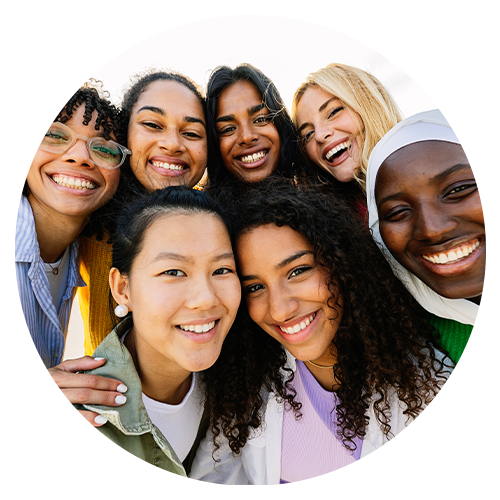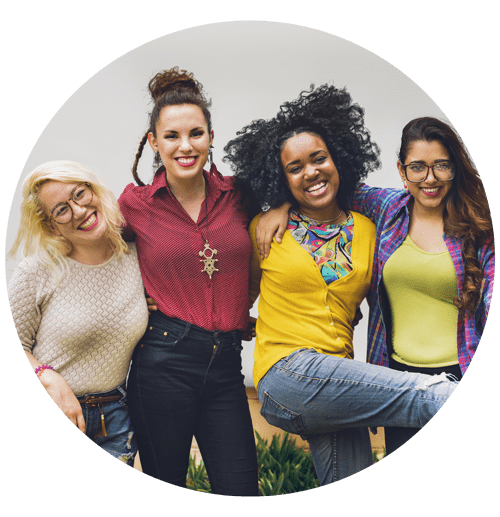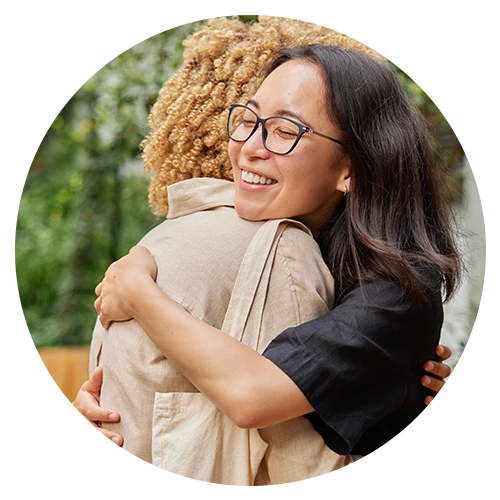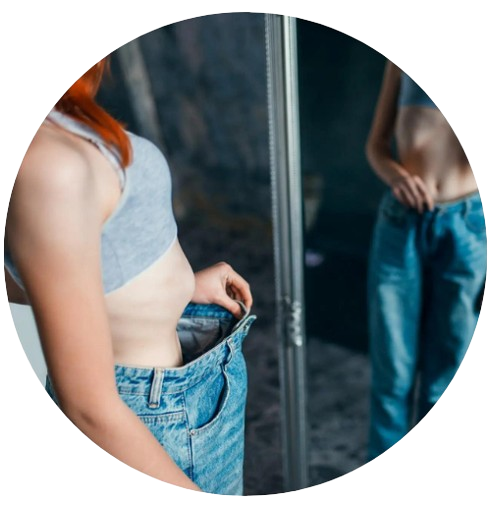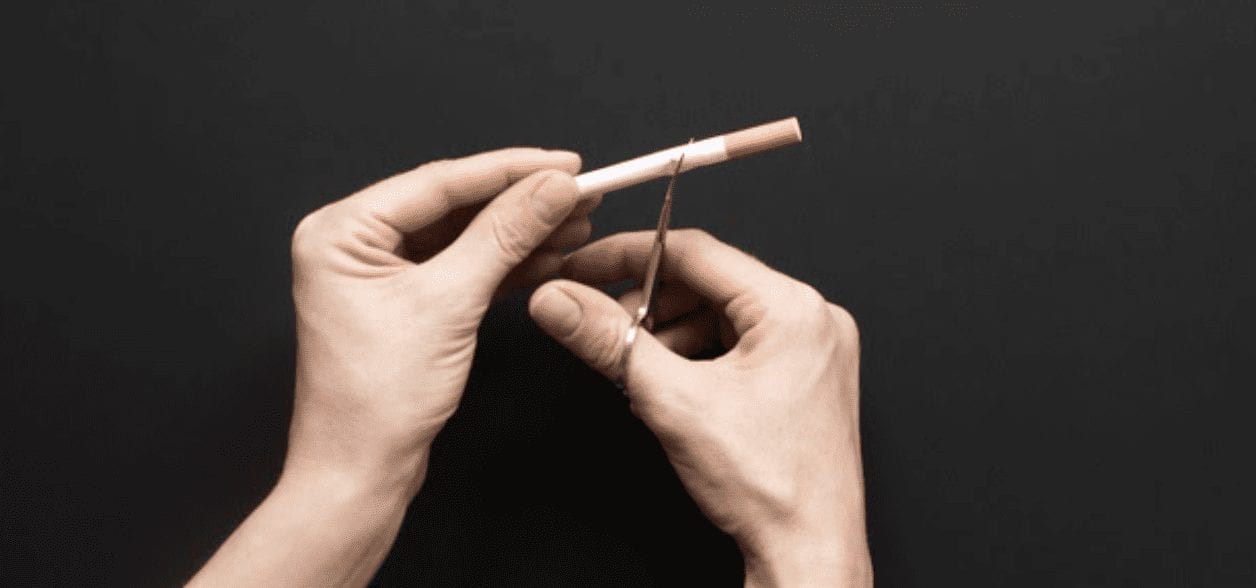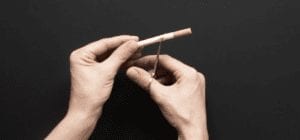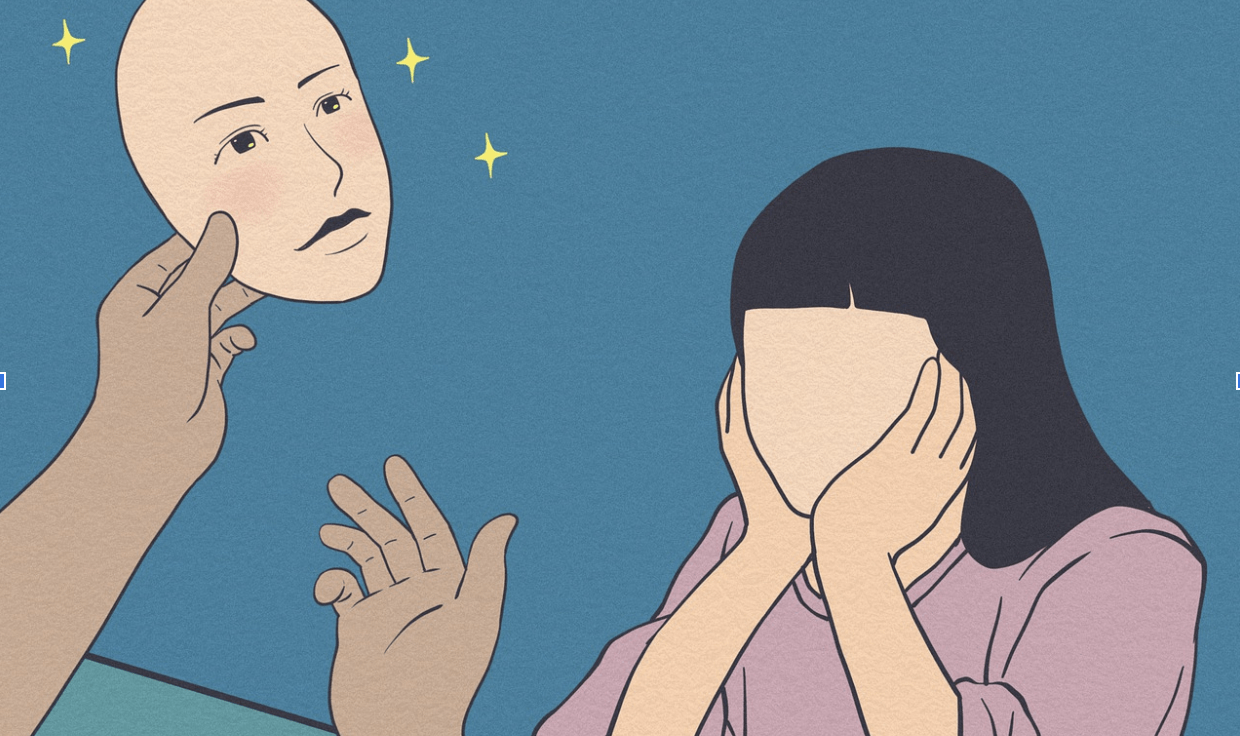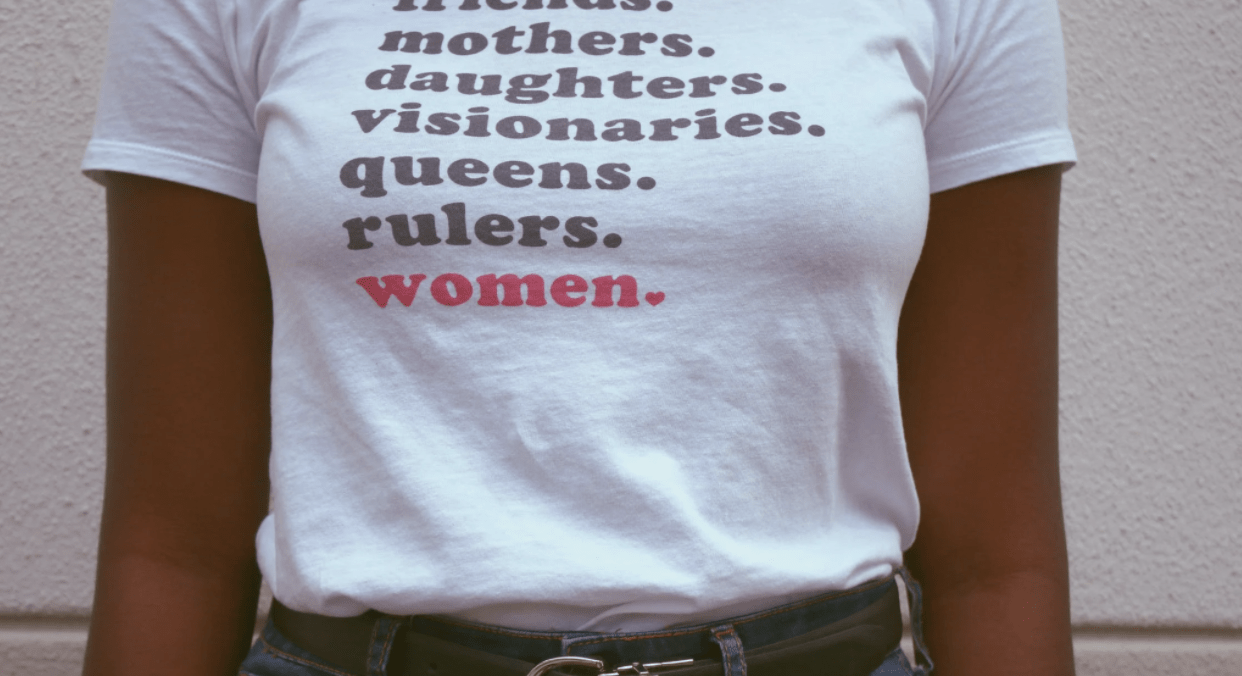 Are you or someone you care about struggling with addiction? At Anchored Tides Recovery, we understand the unique challenges that women face when it comes to substance abuse. Our women’s only addiction treatment center in Huntington Beach, CA, is designed to provide a safe and nurturing environment where women can embark on the path to recovery. Here’s how our specialized program can help you regain control of your life and achieve lasting sobriety.
Are you or someone you care about struggling with addiction? At Anchored Tides Recovery, we understand the unique challenges that women face when it comes to substance abuse. Our women’s only addiction treatment center in Huntington Beach, CA, is designed to provide a safe and nurturing environment where women can embark on the path to recovery. Here’s how our specialized program can help you regain control of your life and achieve lasting sobriety.
Understanding the Need for a Women’s Only Program
Why Choose a Women’s Only Addiction Treatment Center?
- Women often have different emotional and psychological triggers for addiction than men, and they may have experienced trauma or abuse that requires specialized care.
- In a women-only environment, clients can feel more comfortable sharing their experiences and forming deeper connections with peers who can relate to their struggles.
Comprehensive and Holistic Approach
Tailored Treatment Plans For Addiction Treatment
- Our experienced team of therapists and medical professionals creates individualized treatment plans to address your unique needs and goals.
- We offer a range of evidence-based therapies, including cognitive-behavioral therapy (CBT), group therapy, art therapy, and more.
- Holistic treatments such as yoga, meditation, and nutrition counseling are integrated to promote overall well-being.
Safe and Supportive Community
Building Connections
Anchored Tides Recovery fosters a close-knit community of women who uplift and support one another throughout the recovery journey.
Group therapy sessions provide a space to share experiences, gain insights, and build a strong foundation for lasting recovery.
Underlying Issues of Addiction
Treating Co-Occurring Disorders
Addiction isn’t just about substances; it often comes tangled up with mental health challenges. At Anchored Tides Recovery, we get it. We understand that to truly overcome addiction, we have to dig deeper and address the mental health issues that often accompany it. That’s where our dual diagnosis approach comes in, and it’s a game-changer.
Why Dual Diagnosis Matters
- Dual diagnosis recognizes that addiction and mental health issues often go hand in hand. Sometimes, one feeds into the other, creating a cycle that’s tough to break.
- Those mental health challenges can take many forms, like depression, anxiety, trauma, or mood disorders. Ignoring them can make it harder to beat addiction and stay on the path to recovery.
Personalized Care for You
- Our team of caring therapists and medical pros takes the time to understand your unique situation. We know that your journey is unlike anyone else’s, so we tailor our treatment to fit your needs.
- Once we’ve got the full picture, we craft a plan that tackles both addiction and your mental health issues together. It’s about healing the whole you, not just the symptoms of addiction.
Long-Term Success
- By addressing both addiction and mental health, our dual diagnosis approach sets you up for a brighter future. It’s about building resilience, emotional stability, and a strong foundation for a life free from addiction.
Relapse Prevention and Aftercare
Preparing for the Future
At Anchored Tides Recovery, we understand that recovery is an ongoing journey, and our commitment to your well-being doesn’t end when you complete our program. We are dedicated to equipping you with the tools and support necessary to maintain sobriety and thrive in the long term.
Customized Relapse Prevention Strategies
- Our experienced team works closely with each client to develop personalized relapse prevention strategies. We believe that understanding your unique triggers and stressors is crucial to maintaining lasting recovery.
- Through one-on-one counseling and group therapy sessions, we identify potential challenges and teach you effective coping mechanisms to handle them without resorting to substance use.
Aftercare Support Programs
- Anchored Tides Recovery offers a robust aftercare support program to help you transition smoothly into life outside of our facility.
- You will have access to ongoing counseling and support groups designed to provide guidance, encouragement, and accountability.
- Our alumni network connects you with others who have successfully completed the program, fostering a sense of community and shared experiences.
Take the First Step Toward a Brighter Future
At Anchored Tides Recovery, we believe that every woman deserves a chance at a healthier, addiction-free life. If you or a loved one is ready to take the first step towards recovery, don’t hesitate to reach out to us. Our compassionate team is here to guide you through the process and help you regain control of your life.
FAQs About Our Women’s Only Addiction Treatment Center
Is your facility accredited?
Yes, Anchored Tides Recovery is fully accredited and licensed to provide addiction treatment services.
Do you accept insurance?
We accept a variety of insurance plans. Please contact us to verify your coverage and discuss payment options.
How long does the treatment program last?
The duration of the program varies depending on individual needs, but it typically ranges from 30 to 90 days.
What types of addiction do you treat?
We provide comprehensive treatment for various addictions, including alcohol, opioids, stimulants, and more.
Is family involvement encouraged?
Yes, we believe in the importance of family support. We offer family therapy sessions to help loved ones understand and actively contribute to the recovery process.




